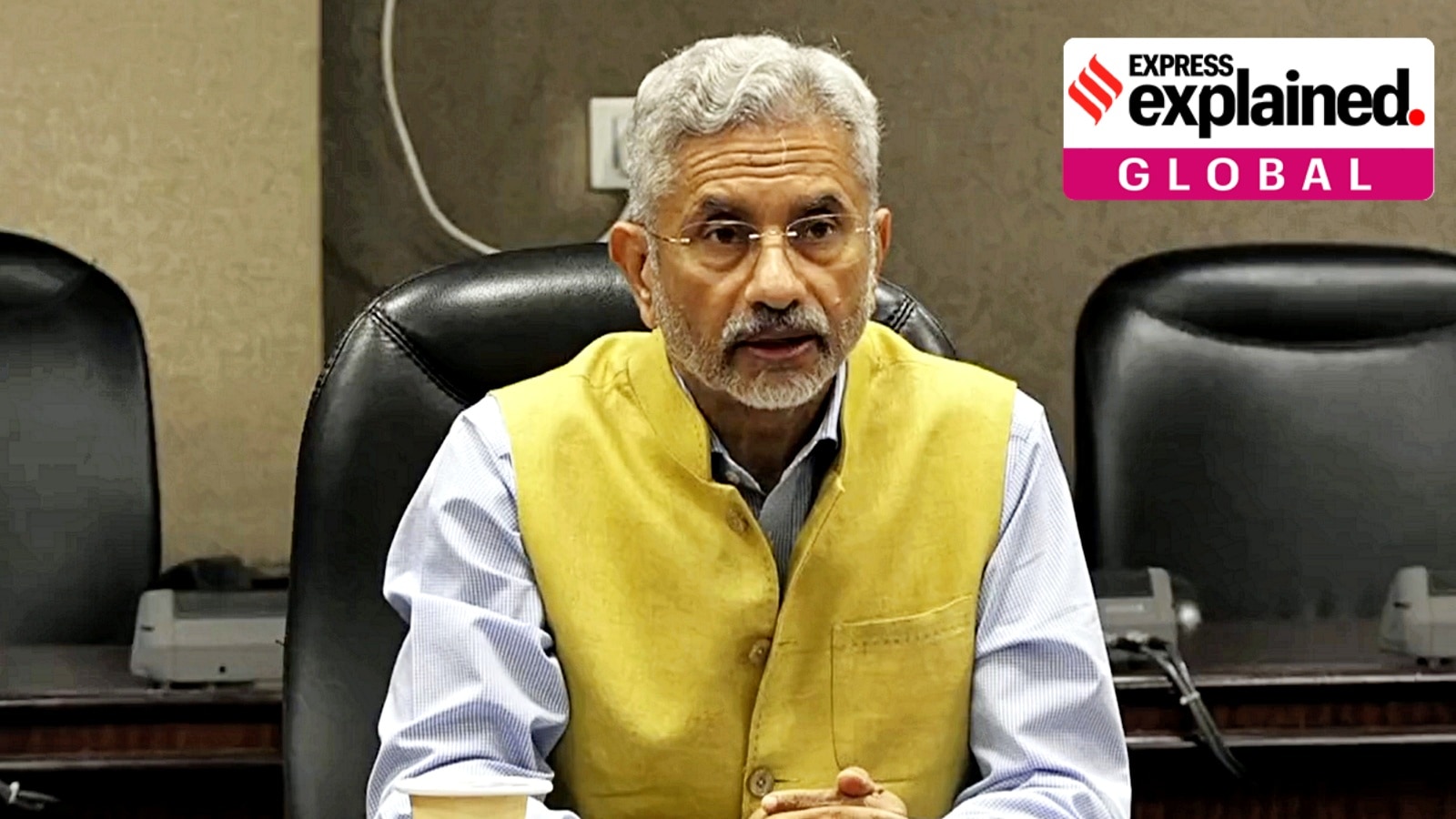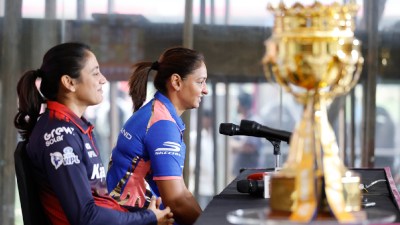Amid the ongoing standoff between India and Canada, the Canadian government announced it has recalled 41 diplomats posted in India, and their family members, on Friday (October 20). Canada’s Foreign Minister Melanie Joly said this was because they were “in danger of having immunity stripped on an arbitrary date” and that would have “put their personal safety at risk”.
Joly had said in a recent press conference, “I can confirm that India has formally conveyed its plan to unilaterally remove diplomatic immunities for all but 21 Canadian diplomats and dependents in Delhi by tomorrow, October 20.”

Earlier this month, India had sought ‘parity’ with Canada, asking it to downsize its diplomatic staff here. India has about 20 diplomats in Canada and said there should be a similar number of Canadian diplomats in India as well.
The move followed a row over Canadian Prime Minister Justin Trudeau’s remarks in Canadian Parliament in September 2023. He had then claimed a potential Indian government link to the killing of pro-Khalistan separatist leader Hardeep Singh Nijjar in Canada earlier this year — which India rejected, terming the claims to be “absurd” and “motivated”.
Now, the US and UK have backed Canadian diplomats’ presence. Further, they spoke of the Vienna Convention on Diplomatic Relations, which has also been mentioned by the Indian Ministry of External Affairs (MEA and the Indian Minister of Foreign Affairs, S Jaishankar.
What have the US and the UK governments said?
On Saturday, the US and UK backed Canada, stating that diplomats are required to be on the ground to resolve differences. Notably, the two countries are also part of the Five Eyes intelligence-sharing alliance with Canada, which also includes Australia and New Zealand.
US State Department spokesperson Matthew Miller said, “Resolving differences requires diplomats on the ground… We expect India to uphold its obligations under the 1961 Vienna Convention on Diplomatic Relations, including with respect to privileges and immunities enjoyed by accredited members of Canada’s diplomatic mission.”
Story continues below this ad
The UK Foreign, Commonwealth & Development Office said, “We expect all states to uphold their obligations under the 1961 Vienna Convention on Diplomatic Relations.”
What has India said?
India rejected Joly’s contention, where she said that the “unilateral revocation of the diplomatic privilege and immunity is contrary to international law” and a violation of the Convention on Diplomatic Relations.
In a press release, the MEA said, “The state of our bilateral relations, the much higher number of Canadian diplomats in India, and their continued interference in our internal affairs warrant a parity in mutual diplomatic presence in New Delhi and Ottawa.” It added, “Our actions in implementing this parity are fully consistent with Article 11.1 of the Vienna Convention on Diplomatic Relations.”
And what is the Vienna Convention on Diplomatic Relations?
The Vienna Convention on Diplomatic Relations (1961) is a United Nations treaty that set some common principles and terms on how countries must treat each other’s diplomatic representatives, in order to ensure friendly relations and maintain proper communication channels between countries.
Story continues below this ad
One prominent example of such principles is that of diplomatic immunity. It’s the privilege of exemption from certain laws and taxes granted to diplomats by the country in which they are posted. It was framed so that diplomats can function without fear, threat or intimidation from the host country. Diplomatic immunity flows from two conventions, popularly called the Vienna Conventions — the 1961 Convention and the Convention on Consular Relations, 1963.
The 1961 Convention says, “Article 29: The person of a diplomatic agent shall be inviolable. He shall not be liable to any form of arrest or detention. The receiving State shall treat him with due respect and shall take all appropriate steps to prevent any attack on his person, freedom or dignity.”
Today, 193 countries have ratified the convention, meaning they agree it should be legally binding on them. Ratification means that a country should seek approval for the treaty on the domestic level and enact a law in their country to give effect to it. India ratified it through the Diplomatic Relations (Vienna Convention) Act of 1972.
What does the 1961 Vienna Convention say about recalling diplomats?
Article 9 of the convention states that the receiving State may, at any time and without having to explain its decision, notify the sending State that the head of the mission or any member of the diplomatic staff of the mission is persona non grata or unwelcome.
Story continues below this ad
“In any such case, the sending State shall, as appropriate, either recall the person concerned or terminate his functions with the mission,” it says. Further, if the sending State refuses or fails within a reasonable period to carry out its obligations here, that is if they refuse to recall their diplomats, the receiving State may refuse to recognise the person concerned as a member of the mission.
Article 11, cited by the MEA in its press release, says, “In the absence of specific agreement as to the size of the mission, the receiving State may require that the size of a mission be kept within limits considered by it to be reasonable and normal, having regard to circumstances and conditions in the receiving State and to the needs of the particular mission.”
On Canadian diplomatic presence in India, EAM Jaishankar said on Sunday, “Parity is very much provided for by the Vienna Convention, which is the relevant international rule on this. But in our case, we invoked parity because we had concerns about continuous interference in our affairs by Canadian personnel. We haven’t made much of that public. My sense is over a period of time more stuff will come out and people will understand why we had the kind of discomfort with many of them which we did.”
Around 2017, Russia and the United States also asked for each other’s diplomats to be recalled over the principle of parity and reduced the presence of their missions, following a low in their relations.







































